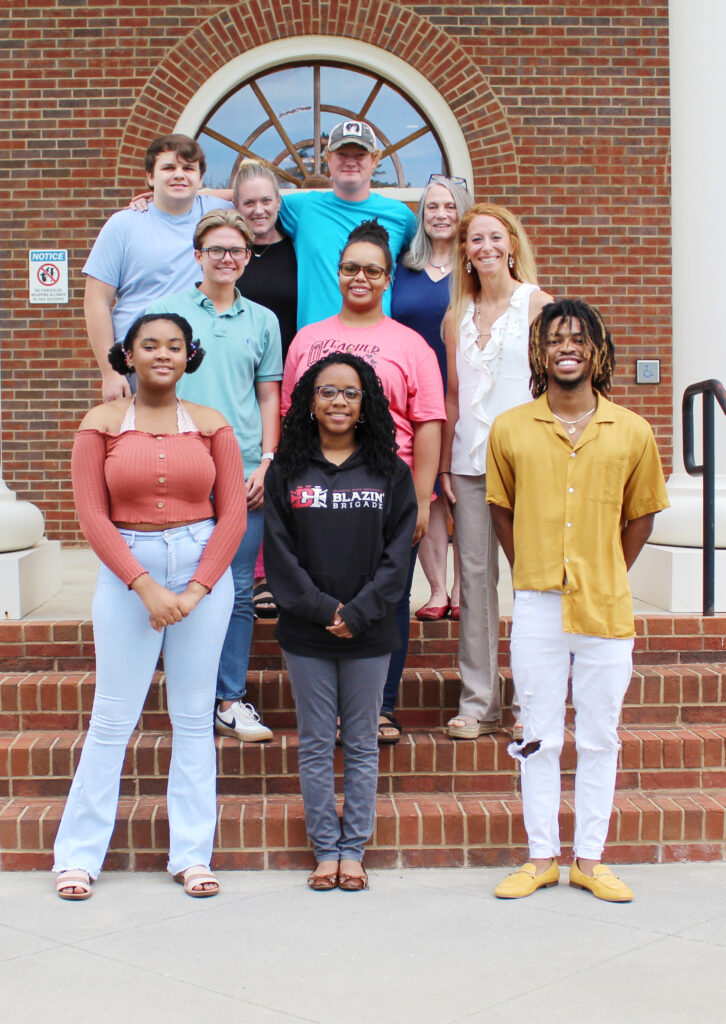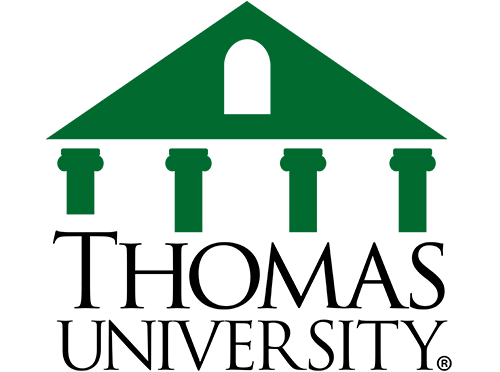Camp STEMtastic wraps up with delivery of benches, table
Post Published On:What began as a summer camp in 2014 created by Thomas University Division of Education to help students gain more insight into science and technology fields completed its mission this year by looking back on the years of serving middle and high school students.
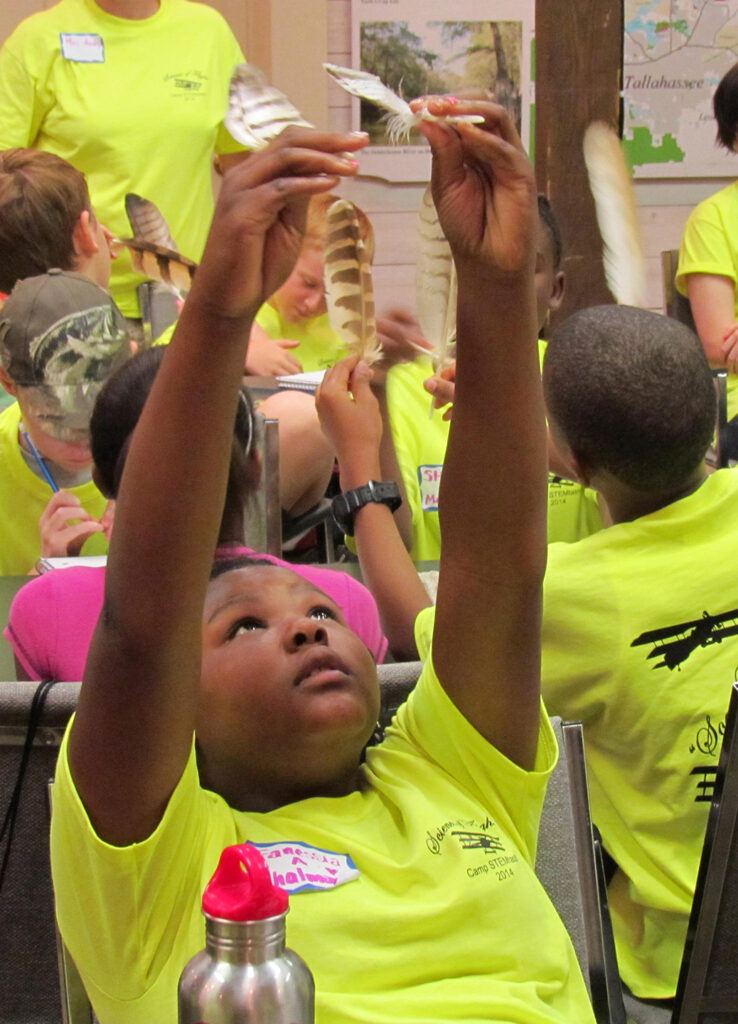
“We began Camp STEMtastic as a way to help students who were interested in learning but whose families may not have had access to those educational experiences,” said April Penton, a retired Thomas University faculty member and founder of the camp. “We did have a $25 fee for each participant. I remember that first year the participants and their parents were all so excited about the camp. One parent brought in the $25 in coins because that’s how they had been saving for the camp. That’s when we realized how important the camp was for families and how much of a sacrifice it was for some families to pay that $25 fee.”
Over the course of the next few years, that first group of participants would return each year the camp was held and a new group was added. Each camp would have a different theme, which included “The Human Machine,” “The Science of Flight,” “Marine & Fresh Water Ecology,” “Robotics,” “Natural Resource Stewardship” and “From Bottle Caps to Benches.” Lessons took place on Thomas University’s campus and on field trips to locations related to camp themes.
“I remember talking to a group of girls one time and asking them what states they had visited,” said Dr. Jennifer Hamilton, Camp STEMtastic coordinator. “Their response was, ‘Ms. Jen, where have you taken us?’ That’s when I realized that these field trips were their out-of-state experiences. This camp was more than just learning about science. It was a cultural experience for these students as well.”
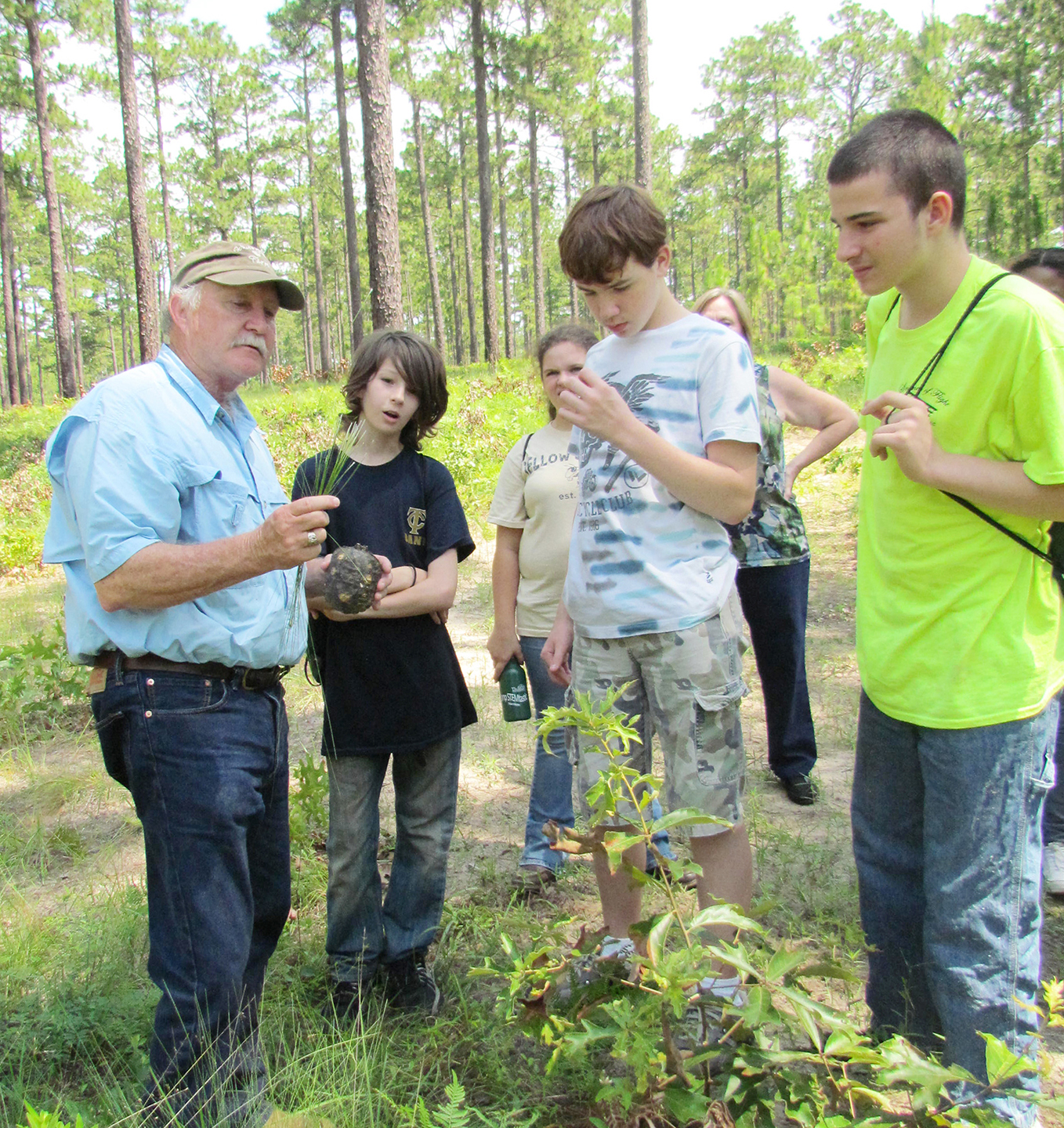
As people in the community learned more about Camp STEMtastic and its mission, more businesses and non-profit organizations stepped forward with financial support.
“We were just so grateful that these businesses and organizations recognized how valuable this camp was for these students,” Penton said. “Their financial support made it all possible.”
In 2018 people from across the state – and even from other states – showed their support for the “From Bottle Camps to Benches” Camp STEMtastic. The idea was to collect enough bottle caps that the group could take them to Green Tree Plastics in Evansville, Indiana, in the summer of 2019. Green Tree was one of the few companies in the country that recycled bottle caps into other items, including benches. The campers would bring back 13 “buddy benches” for the playgrounds at Thomasville City Schools and the Thomas County Schools. Students who sat on these benches during recess did so because they wanted social interaction. The “buddy benches” was a concept that proved successful at other schools. Not only did the local school systems receive the benches, but a few others were placed in parks and other areas around the city of Thomasville.
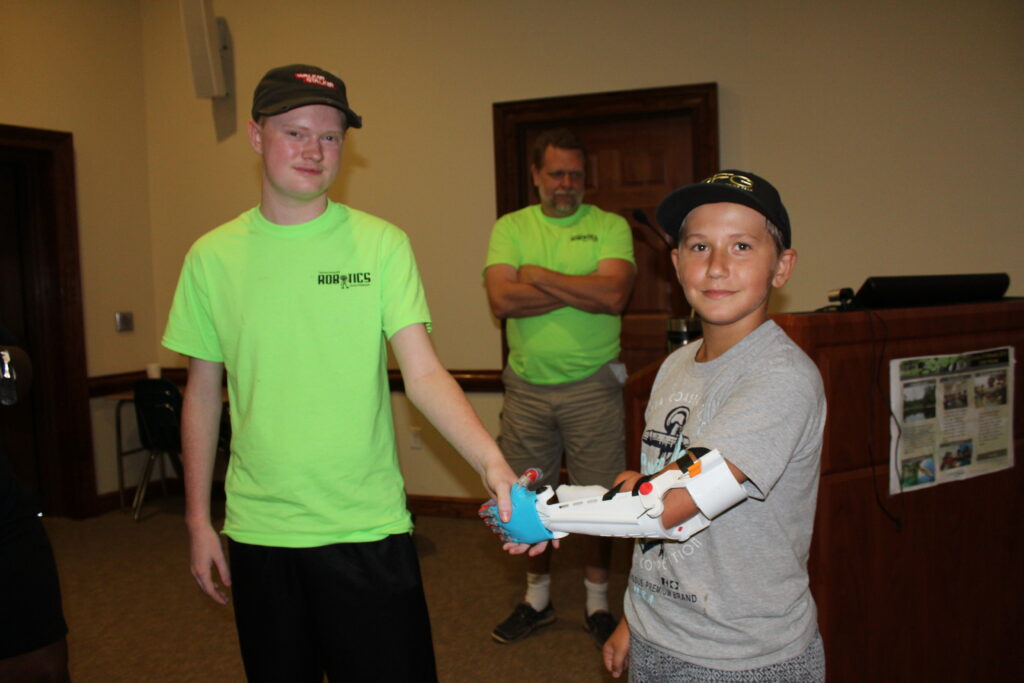
Along the way to Indiana, the campers would stop at various other locations, such as Mammoth Cave in Kentucky to learn about subterranean ecosystems and McWane Science Center in Alabama for hands-on learning experiences.
Camp STEMtastic organizers were overwhelmed by the amount of bottle caps received. Not only did they have enough for the 2019 summer trip, but they began saving the donated bottle caps with plans to take another group on a similar trip during the summer of 2020. The Thomasville City Schools provided space to store the growing number of bottle caps.
Then the COVID-19 pandemic canceled plans for the 2020 summer camp. When it became apparent that COVID-19 would still be pose an issue for the 2021 Camp STEMtastic, camp organizers took the camp online. Elizabeth Harrell, a TU biology faculty member, joined Hamilton and the two enlisted others to create online lessons related to “Natural Resource Stewardship” presented using Zoom. However, the new format did not attract as many participants as the previous in-person format.
“I think COVID-19 made everyone learn how to adapt,” Hamilton said. “We did the best we could, but the online format just did not have the same appeal as the in-person lessons and field trips format.”
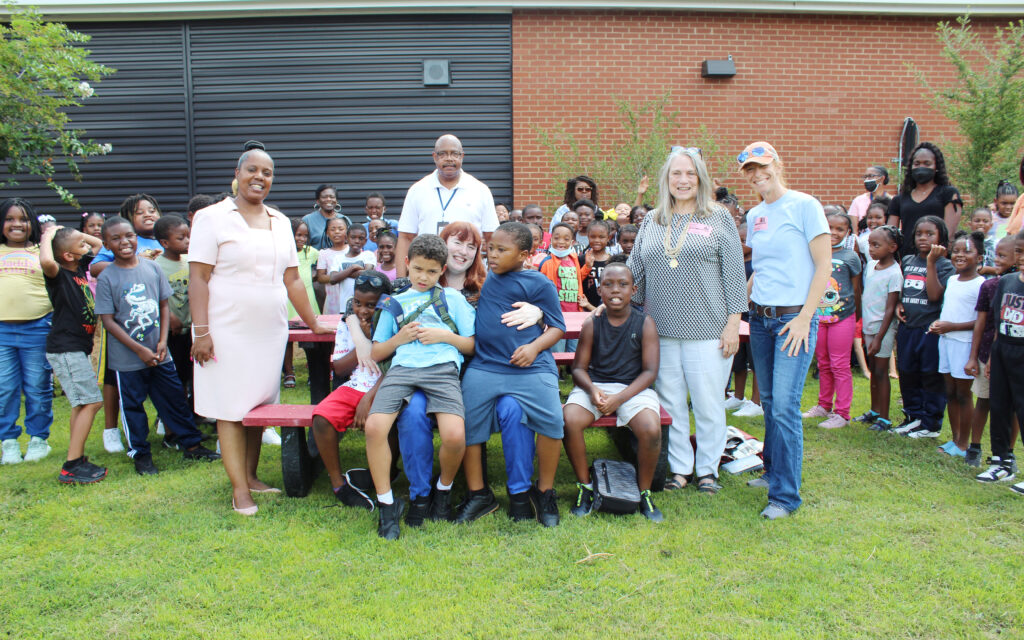
With funding for the camp at an end, Camp STEMtastic organizers decided it was time to wrap up the program. Penton is now retired. Hamilton and Harrell have now left TU to pursue other career opportunities. In early August, they held a farewell event on the TU campus to look back over the years of Camps STEMtastic.
Recently Hamilton traveled to Green Tree Plastics in Indiana with the last load of bottle caps collected. She returned with two benches, one standard picnic table and a handicap-accessible picnic table. Hamilton and Penton presented the benches to the learning center at Pebble Hill Plantation and to the Thomasville History Center, both outstanding supporters of Camp STEMtastic. They also presented the handicap-accessible table to Harper Elementary, whose special education teacher and students helped wash, sort and weigh bottle caps. The last table was presented to Penton for everything she has done to ensure the success of Camp STEMtastic for over the last eight years.
Over the summers, the participants grew to be friends and valued the importance of education. Most of that first group are now college students.
“I believe we achieved our goal with Camp STEMtastic,” Penton said. “We helped these groups of students realize their potential for furthering their education and pursuing careers in STEM fields. What we didn’t expect was how this summer camp would bring the community together to support these students. For that, we are incredibly grateful.”
